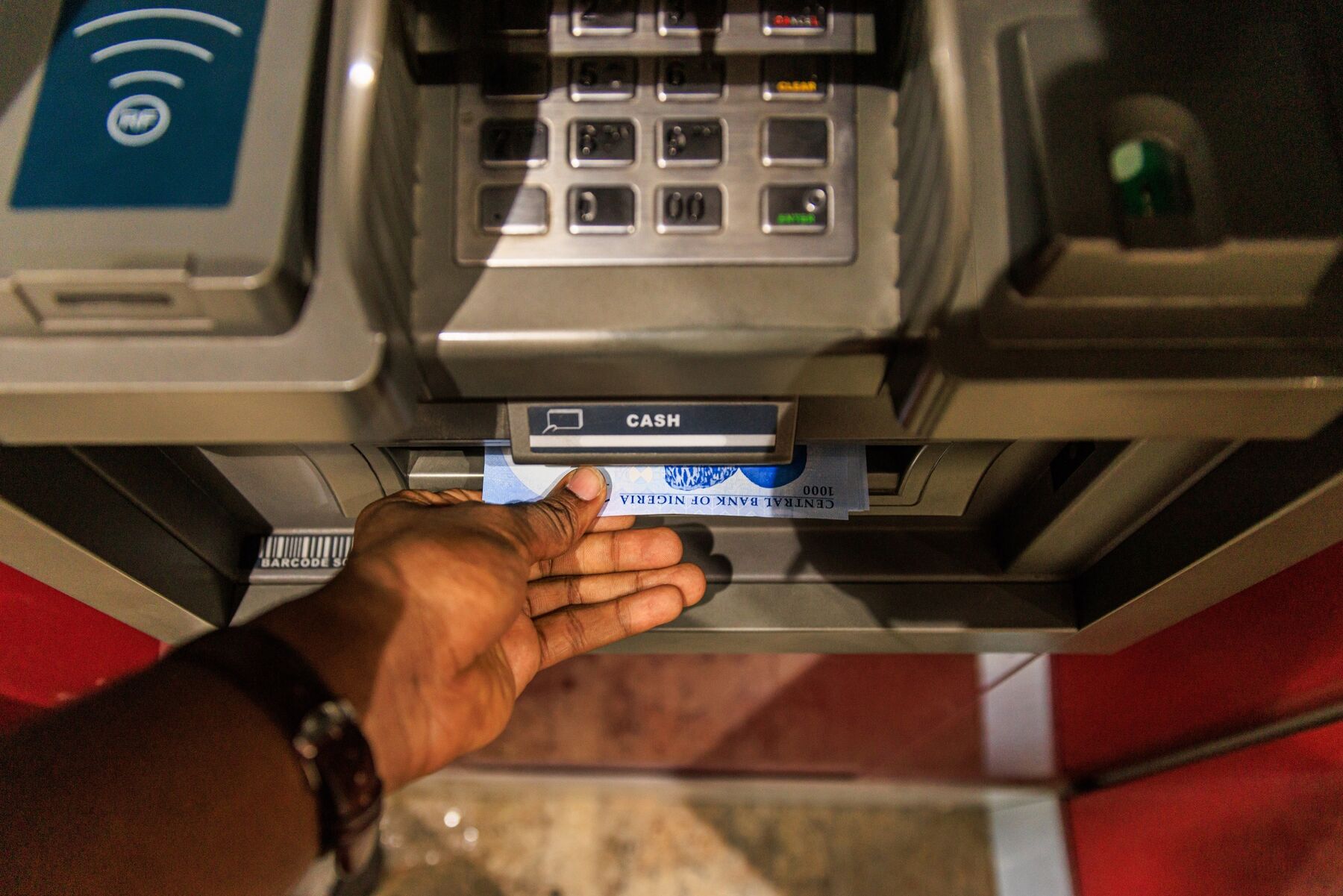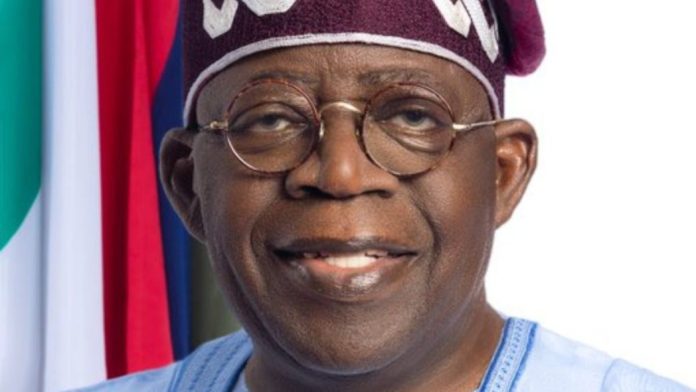Nigeria's Economy Cheers: Inflation Plummets to 18.02%, Three-Year Low

Nigeria’s inflation rate eased for the sixth successive month to 18.02 per cent in September 2025, down from 20.12 per cent recorded in August 2025. This moderation, reported by the National Bureau of Statistics (NBS) on Wednesday, has boosted optimism that policymakers will continue on the path of interest rate cuts when the Central Bank of Nigeria (CBN) meets next month to decide monetary policy rates.
The statistics office clarified that this decrease signifies a lower rate of increase in the average price level in September 2025 compared to August 2025. In annual terms, headline inflation fell by 14.68 per cent year-on-year in September 2025, a sharp slide compared to 32.70 per cent in September 2024. The NBS explained that this significant annual decline was technically due to a rebasing of inflation data earlier this year, which reviewed the methodology for gauging price levels and a change in the base year. On a month-on-month basis, headline inflation stood at 0.72 per cent in September, lower than 0.74 per cent in August.
A notable reduction in food prices, the chief component of the inflation basket, was a primary driver of the overall drop. Food inflation stood at 16.87 per cent year-on-year in September 2025, a substantial 20.9 percentage points lower than the 37.77 per cent recorded in the corresponding period of 2024. Month-on-month, the food index inflation registered a decrease of -1.57 per cent, down from a 1.65 per cent increase in August 2025. The NBS pinpointed decreases in the average prices of grains, garri, beans, millet, potatoes, onions, eggs, tomatoes, and fresh pepper as key contributors to this decline.
Providing further detail on food prices, the average annual rate of food inflation for the twelve months ending September 2025 over the previous twelve-month average was 24.06 per cent. This figure was 13.47 percentage points lower compared with the average annual rate of change recorded in September 2024 (37.53 per cent). Geographically, year-on-year food inflation was highest in Ekiti (28.68 per cent), Rivers (24.18 per cent), and Nasarawa (22.74 per cent). Conversely, Bauchi (2.81 per cent), Niger (8.38 per cent), and Anambra (8.41 per cent) reported the slowest rise. On a month-on-month basis, September 2025 food inflation saw the highest increases in Zamfara (15.62 per cent), Ekiti (12.77 per cent), and Sokoto (12.55 per cent), while Akwa Ibom (-12.97 per cent), Borno (-12.95 per cent), and Cross River (-10.36 per cent) recorded declines.
Core inflation, which excludes the prices of volatile items such as energy and farm produce, stood at 19.53 per cent year-on-year in September 2025, compared to 27.43 per cent a year ago in September 2024. Month-on-month, core inflation saw a flattish change, easing slightly to 1.42 per cent in September from 1.43 per cent in August.
The sustained easing of inflation, driven by moderating food and energy prices and relative stability in foreign exchange, offers some relief to Africa’s most populous nation. Nigeria endured its worst cost-of-living crisis in nearly three decades last year, following the removal of fuel subsidies and the devaluation of the naira. Analysts, including Lukman Otunuga, Senior Research Analyst at FXTM, had anticipated this cooling of price pressures. He observed that a mix of softer food prices and a strengthening naira may have curbed inflation, potentially opening the door for the Central Bank of Nigeria (CBN) to consider further cuts to the monetary policy rate in November to stimulate economic growth.
You may also like...
Super Falcons Triumph Over Benin, Eyeing Morocco 2026 Qualification

Nigeria's Super Falcons secured a dominant 2-0 victory over Benin in the first leg of their 2026 Women's Africa Cup of N...
Valladolid Film Festival's 70-Year Milestone: Global Directors, Spanish Cinema & Thriving Independent Market

The 70th Valladolid International Film Festival (Seminci) and its companion Merci Independent Film Market are driving fo...
Train Dreams Fuels Oscar Buzz, Director Clint Bentley Reveals Poignant Personal Journey

Clint Bentley's critically acclaimed film "Train Dreams," adapted from Denis Johnson's novella, explores themes of grief...
Songwriting Royalty Crowned: Ashley Gorley and Amy Allen Lead Star-Studded 2025 NMPA Gold & Platinum Gala Honorees

The NMPA Gold & Platinum Gala celebrated country music's top songwriters on October 23, 2025, honoring Ashley Gorley and...
Selena's Enduring Legacy Celebrated: Billboard Latin Music Week Honors Tejano Queen with Netflix Documentary Event

The upcoming Netflix documentary "Selena y Los Dinos" offers an intimate look into the life and career of Latin music ic...
Royal Drama Brews: Prince Andrew Negotiating Exit from Royal Lodge with King Charles!

Prince Andrew is in intense discussions with Royal officials over vacating his Royal Lodge residence, pressured by his p...
Royal Shockwave: Meghan Markle's Troubling Publicist Turnover Hits Double Digits!

Meghan Markle's communications team is undergoing another significant shake-up with the departure of Emily Robinson, her...
Top European Clubs Eyeing Kwara Football Academy Talents

Kwara Football Academy players are drawing international attention, with Chelsea and other European clubs expressing int...



